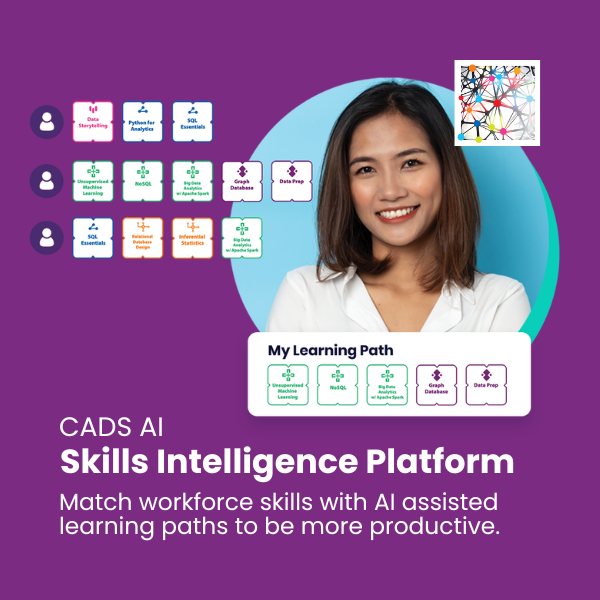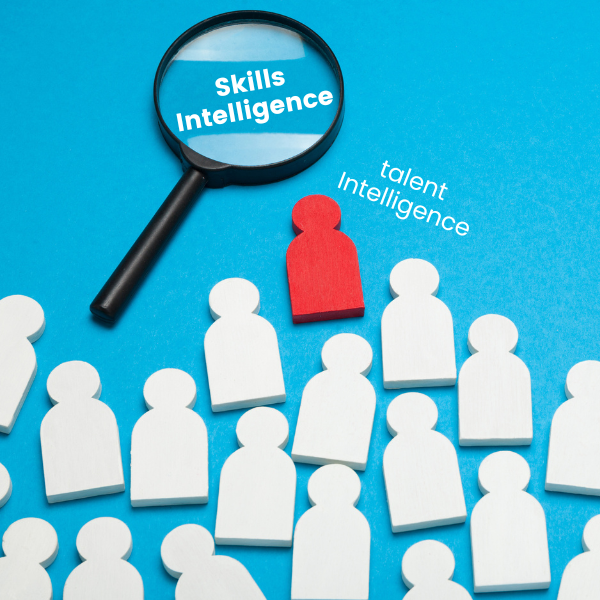What Is Skills Intelligence & why is it different from Talent Intelligence.
Introduction
Skills intelligence is not talent intelligence. But talent intelligence is part of skills intelligence. But isn’t skill intelligence is part of talent intelligence? This is true from the perspective where talent is the focus.
Let’s understand what each category means.

Talent Intelligence
Talent intelligence is using data, analytics and AI to collect, measure, analyze and make decisions about employees, job roles, and the external talent market to boost talent acquisition, retention, and mobility.
Skills Intelligence
On the other hand, skills intelligence is using data, analytics and AI to collect, measure, analyze and make decisions about individual, teams and institutional skills to boost organizational competitiveness.

In order for companies to compete effectively, they must develop institutional skills—skills that are embedded within the organization itself. A skill is the ability to apply knowledge and use know-how to complete tasks and solve problems.
When we examine this from a foundational perspective, skills, not talents, form the fundamental building blocks.
What is the source of skills?
• Talents have skills.
• Tools have skills.
• Processes have skills.
For instance, proficiency in using Excel as a tool has become a recognized skill in its own right. Web scraping as a skill can be fully automated using process with minimal human interventions.
After all, companies are concerned about when payroll is the costliest expenses.
When it comes to enhancing organizational competitiveness, business leaders strive for scalable growth without incurring proportional increases in costs.
Therefore, looking at it from skills is less known but a more effective approach to growth.





